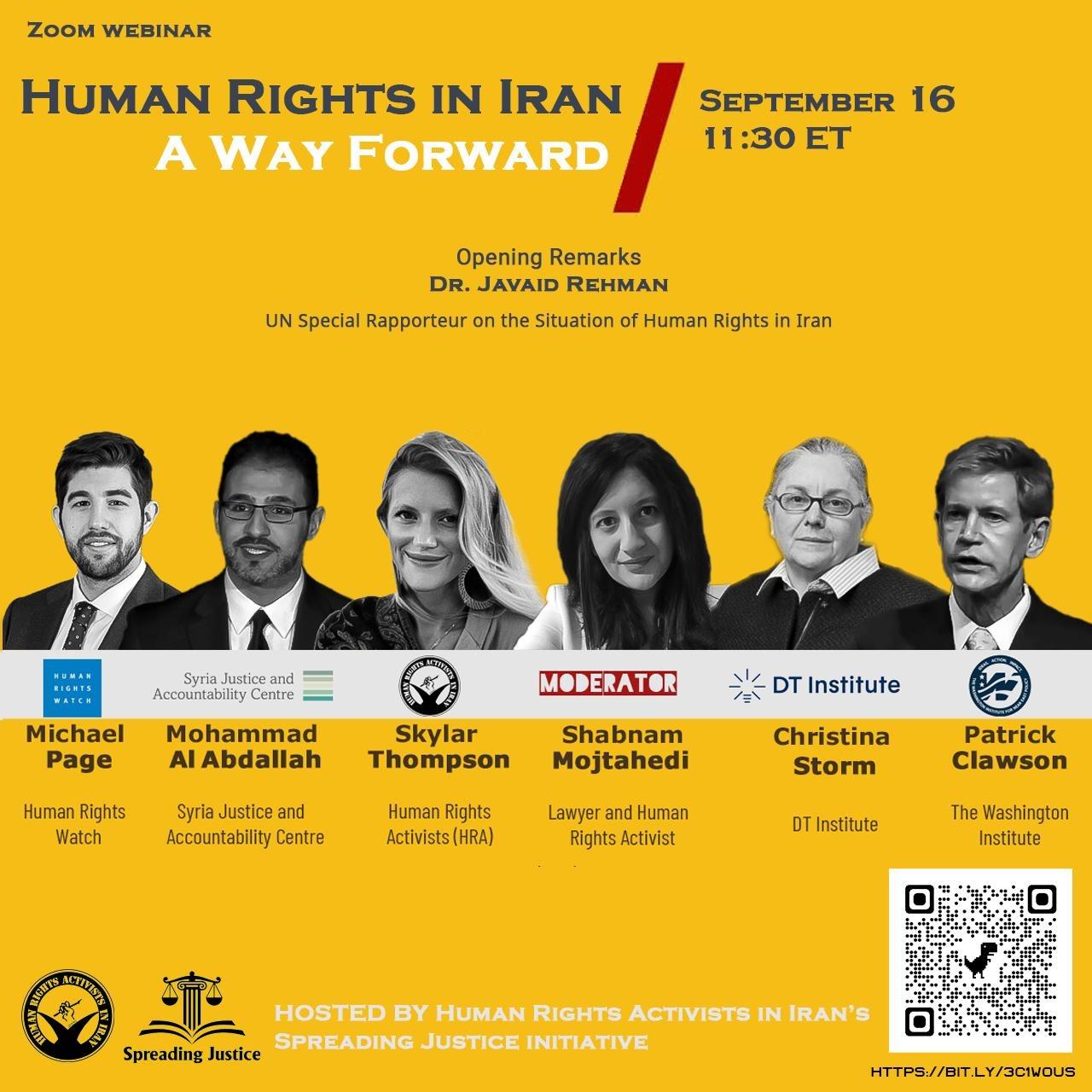On Thursday, September 16, HRA hosted “A Way Forward”, a virtual discussion on the role of diplomacy in advancing the goal of promoting human rights in Iran. The event, which had over 100 participants, was moderated by lawyer and human rights activist Shabnam Mojtahedi, and panelists included representatives from a number of prominent human rights organizations.
Dr. Javid Rehman, UN Special Rapporteur on the situation of human rights in Iran, delivered the event’s opening remarks, in which he highlighted the importance of protecting and promoting a more free civil sector, and emphasized the extent to which human rights and civic freedom go hand in hand.
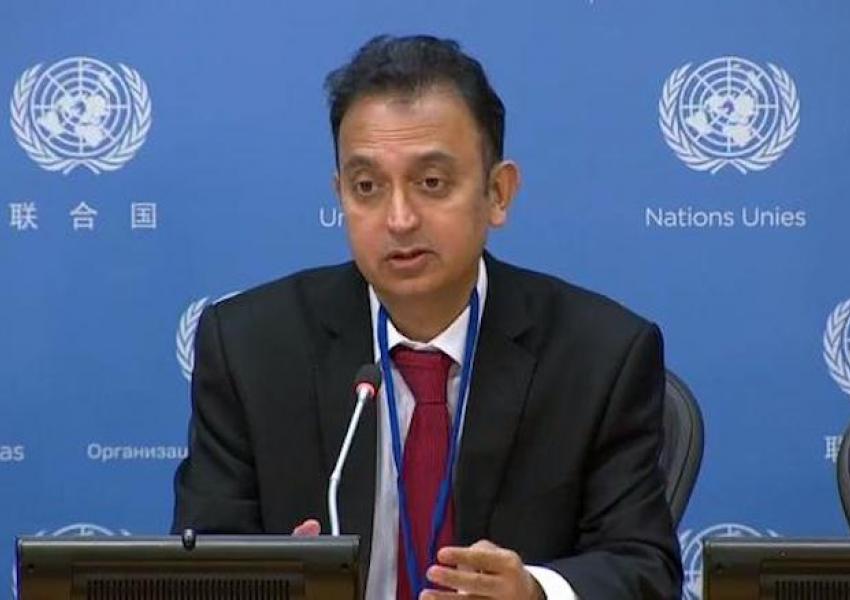
“We can see around the world that in countries where there is a dynamic and free civil society, there is better protection of human rights,” Rehman said. “In Iran, civic space is under significant constraint. Civic space actors, such as human rights lawyers, defendants, and journalists are targeted, harassed and excluded. Moreover, the channels for political participation are by law severely restricted and manipulated, to the extent that they prevent meaningful participation.”
Mohammad Al Abdallah, Syrian rights activist and Director of the Syrian Justice and Accountability Center, spoke on the culture of impunity in the Middle East, and the ways in which widespread human rights violations can become normalized in a region over time.
“When you don’t have a well-designed policy that is consistently related to human rights in the region, that will be interpreted as a green light. ‘Go ahead, we don’t care, nobody is looking,’ ”
There was a particular emphasis throughout the discussion, from several of the panelists, on the effectiveness of accountability and rights work on a granular level. Between holding individual violators accountable and working with individual victims, activists and small organizations can make a tangible difference in the communities they oversee.
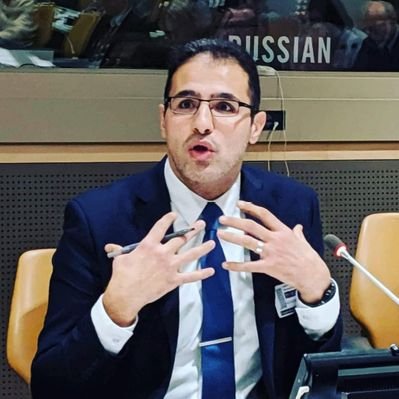
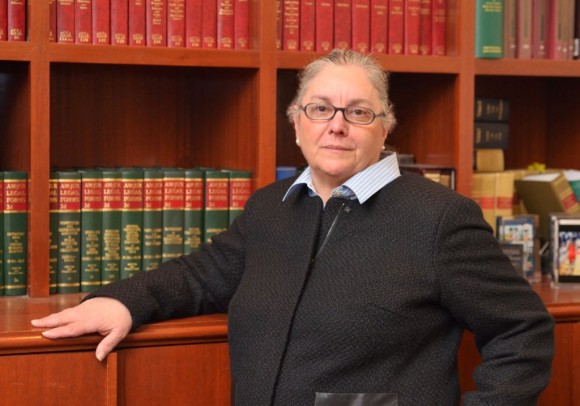
Panelist Christina Storm, who now serves as director of the rule of law division of the DT institute, started her career as a trial lawyer where she founded Lawyers Without Borders. Through this organization, she spent 20 years harnessing lawyers around the world to advance human rights on local and international courts, and most of that work happened at an individual level.
“My work has been focused on how to leverage internationally protected rights, and in particular Iran’s international obligations and commitments in a local/domestic context,” Storm said.
Panelist Michael Page, who serves as deputy director in the Middle East and North Africa division at Human Rights Watch (HRW), proposed that three ways the US can further goals of human rights in Iran are adopting a ‘Do no harm’ approach, building multilateral pressure on human rights issues in coordination with Iranian policy, and holding Iranian officials accountable outside of the country.
How human rights organizations can better support the victims of Ukraine International Airlines Flight 752, which was shot down by the IRGC, killing over 170 people, and then covered up by the Iranian government.
Hamed Esmaeilion Asked Tweet
On the subject of accountability, discussion attendant Hamed Esmaeilion asked how human rights organizations can better support the victims of Ukraine International Airlines Flight 752, which was shot down by the IRGC, killing over 170 people, and then covered up by the Iranian government.
Page spoke on organizations’ capacity to push for domestic accountability. “We need to show […] if there has been any domestic accountability for what has happened,” Page said. “The short answer is [that there has] not, but I think that’s the first step.”
Meanwhile, Al Abdallah pointed out the work that can be done in providing resources and relief to the affected families, in what he calls a ‘victim-centered approach’.
“Part of the work that human rights organizations can do is supporting the families and helping them better frame their policy demands with member states,” Al Abdallah said, “as well as encouraging diplomats to meet with the families.”
Several participants asked questions relating to sanctions, and panelists touched on a number of ways in which broad sanctions end up having harmful effects on the countries whose human rights violators they purport to be holding accountable.
“Broad Sanctions in Iran have contributed to serious hardships for ordinary Iranians,” Page said. “Working with businesses and civil society, I think the Biden administration should, as a starting point, seek to mitigate the negative impact of broad sanctions including this issue of ‘over-compliance’, in which companies refuse to sell goods or services to people in Iran because of the risk of sanctions, even though those goods and services have humanitarian exemptions.”
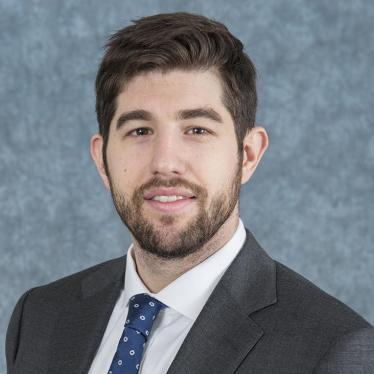
On a related thread, panelist Patrick Clawsen, a senior fellow at Washington institute, pointed to the US-sponsored sanctions with Swiss and South Korean governments, which were designed to facilitate Iranians’ access to humanitarian goods.
“None of these have worked,” Clawson said. “A major issue is that the Iranian Authorities have decided that they have adequate access to humanitarian goods through the channels they are now using, which can best be described as evading the sanctions. And they find it easier to use barter and other means (…) rather than going through the quite-onerous requirements.””
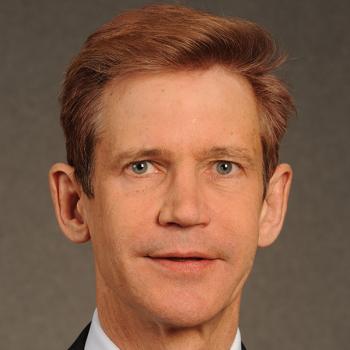
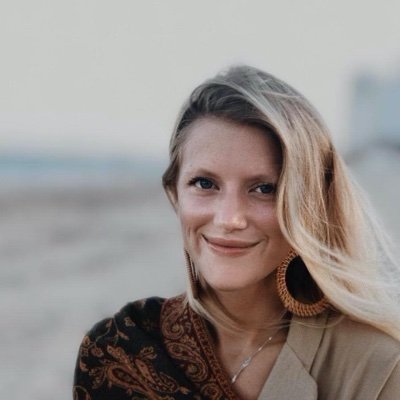
Thompson suggested an increased emphasis on holding individual violators accountable, rather than further investing in these broad economic sanctions that have historically proven so ineffective.
“There needs to be a broad expansion of the use of targeted sanctions regimes,” Thompson said. “Targeting individuals has proven to be a more effective policy than targeting institutions,”
Rehman additionally called for creative solutions, on the part of both NGO’s and governmental organizations, in working to integrate principles of human rights into every level of the civic process.
“As part of the rule of international law, It is imperative that human rights be a part of every bilateral and multilateral discussion, not just with Iran, but with all countries. “

